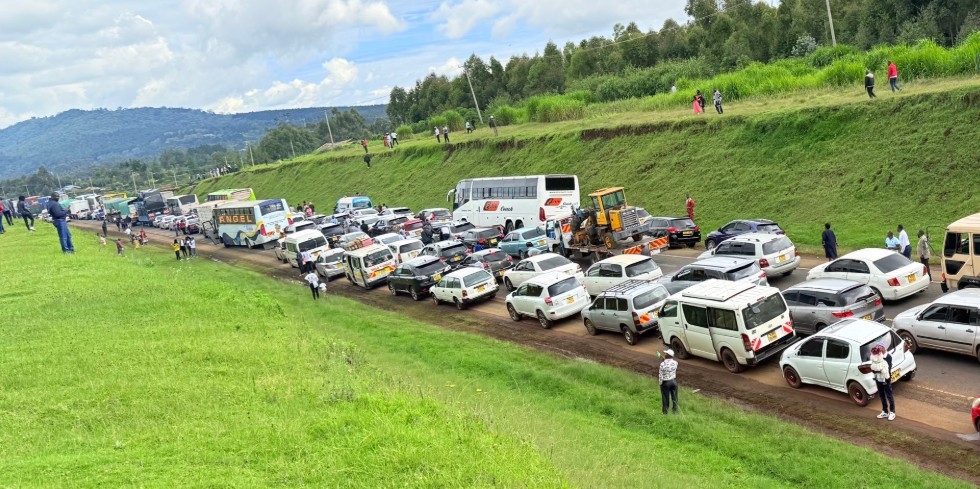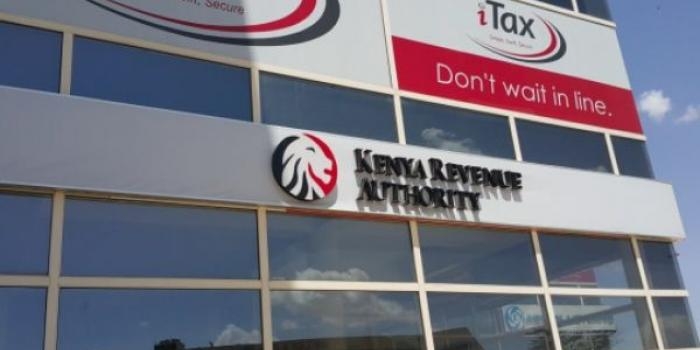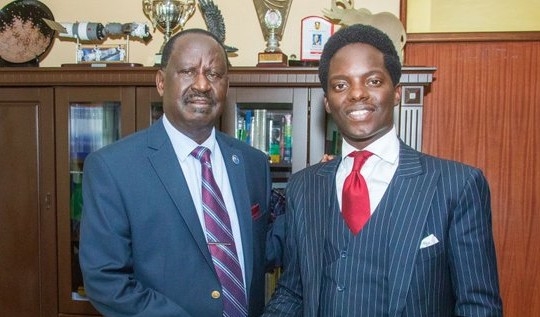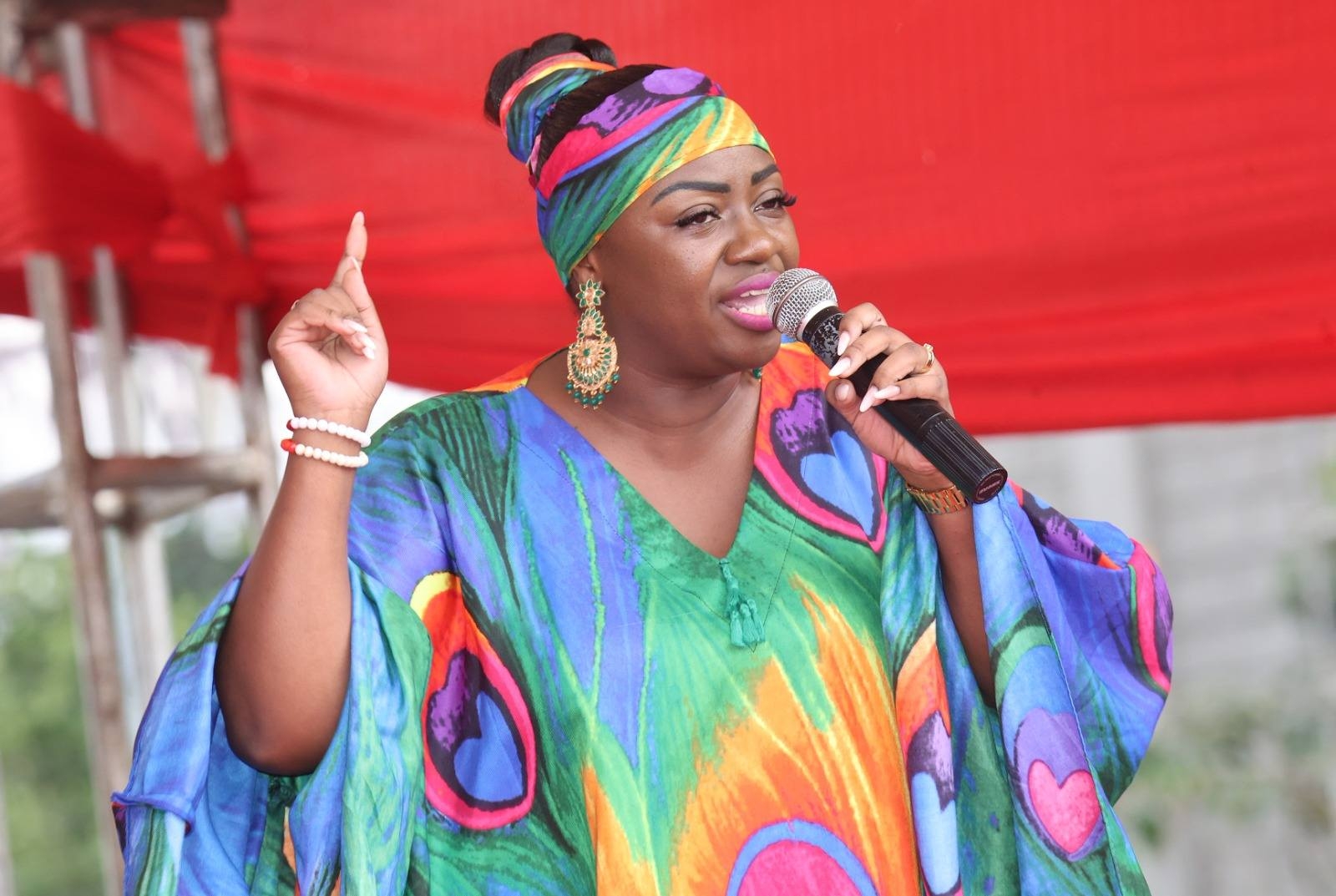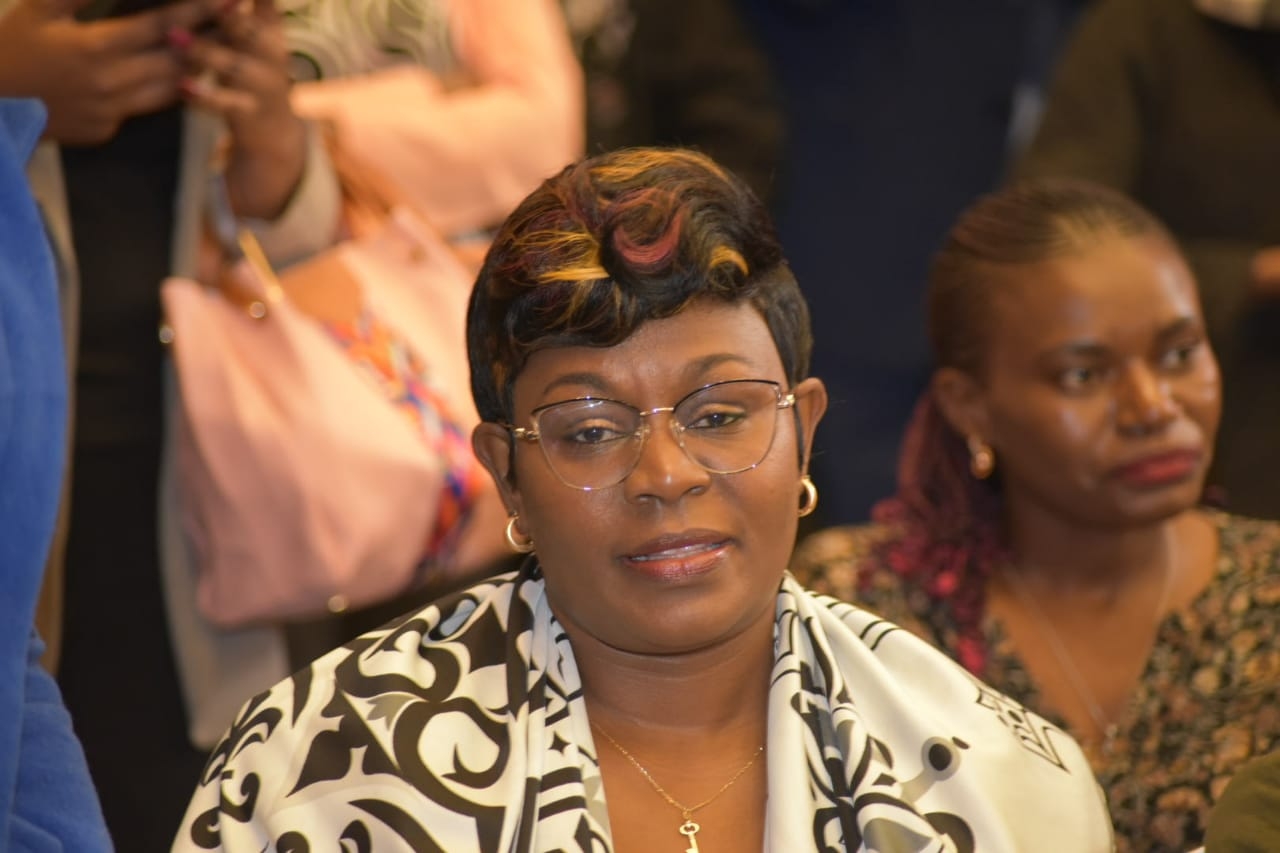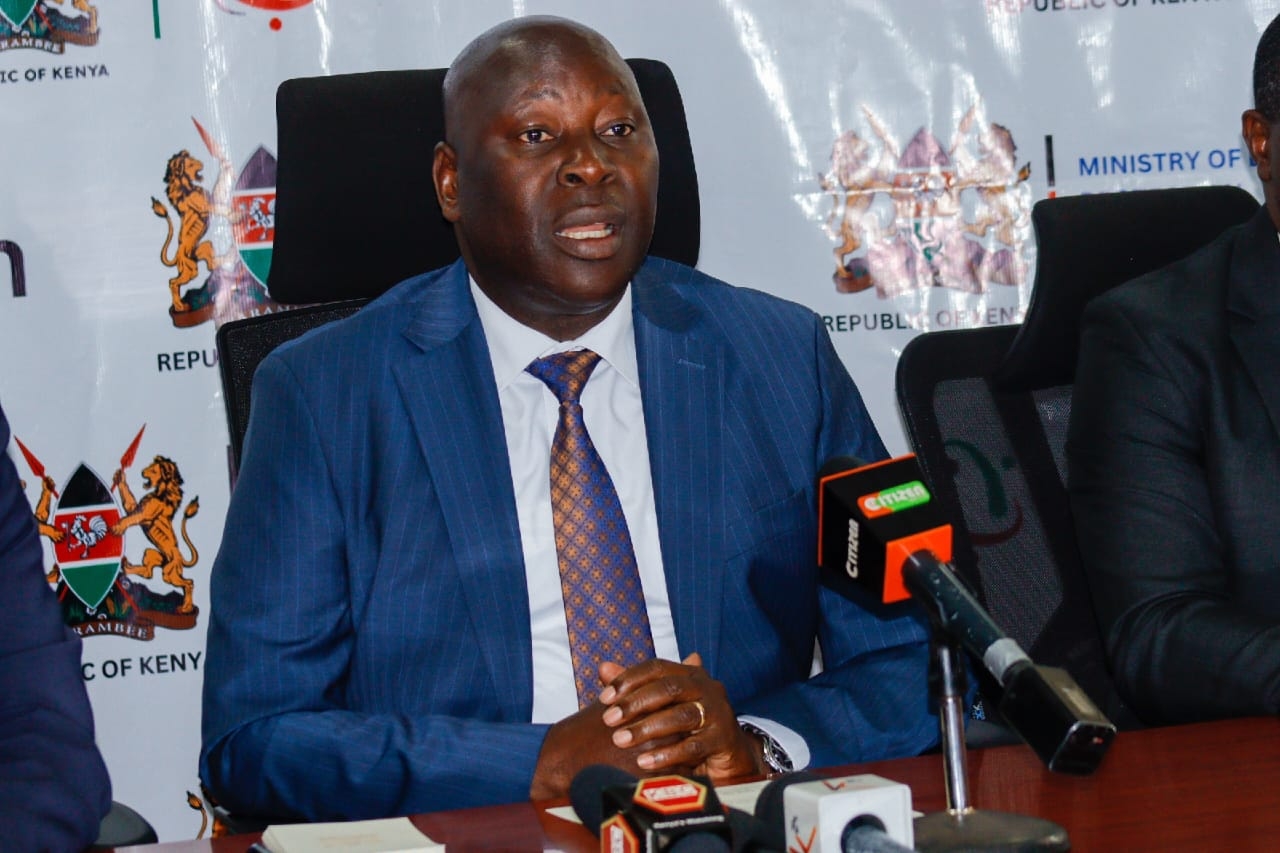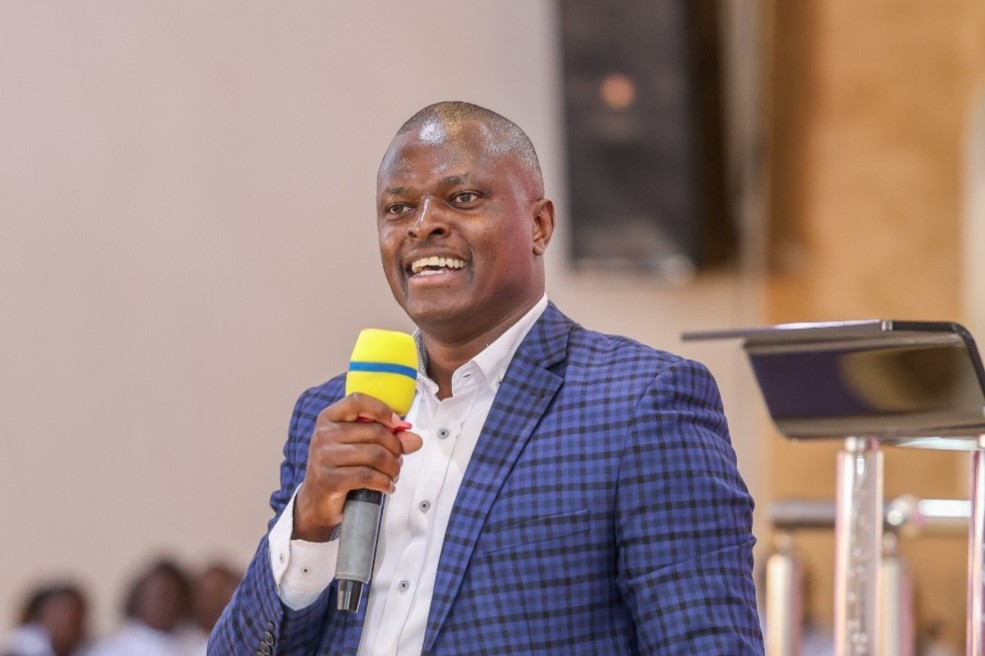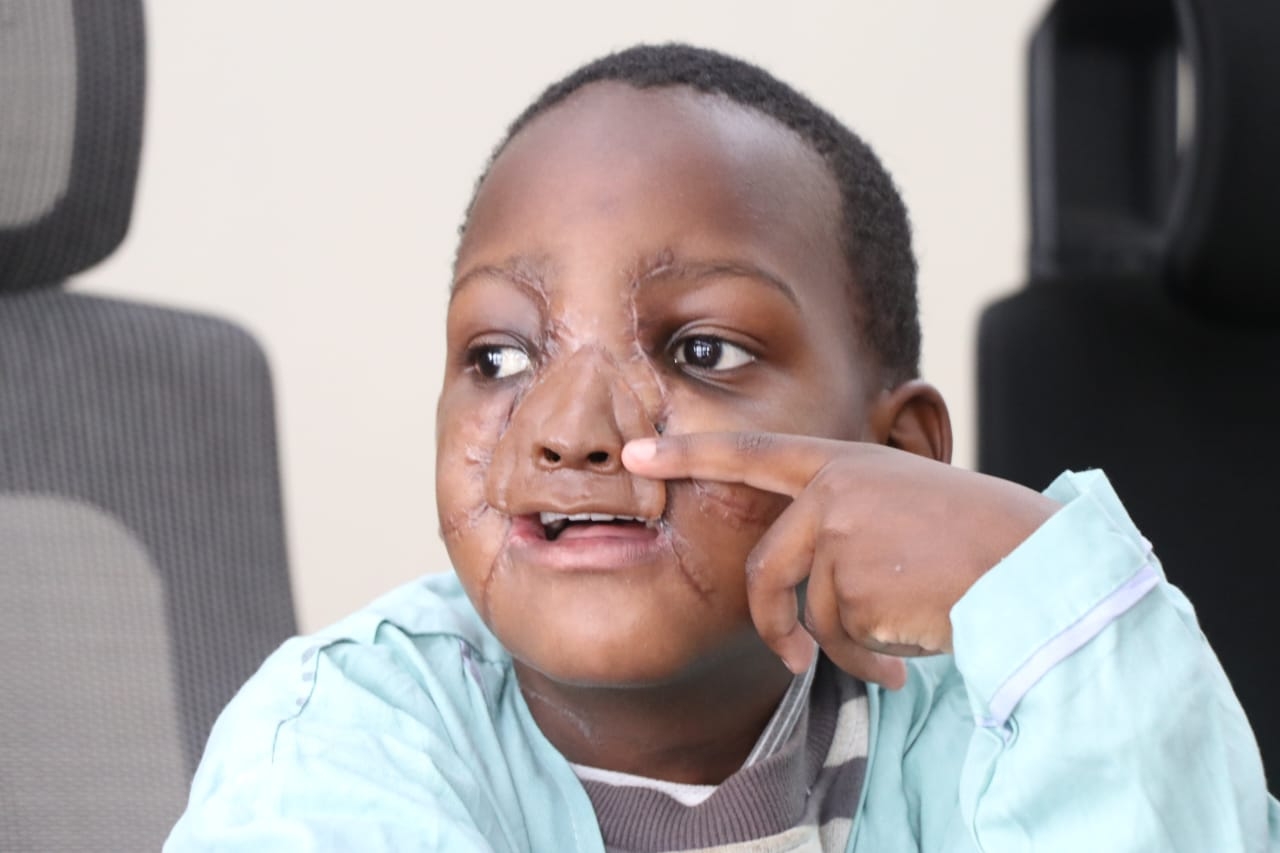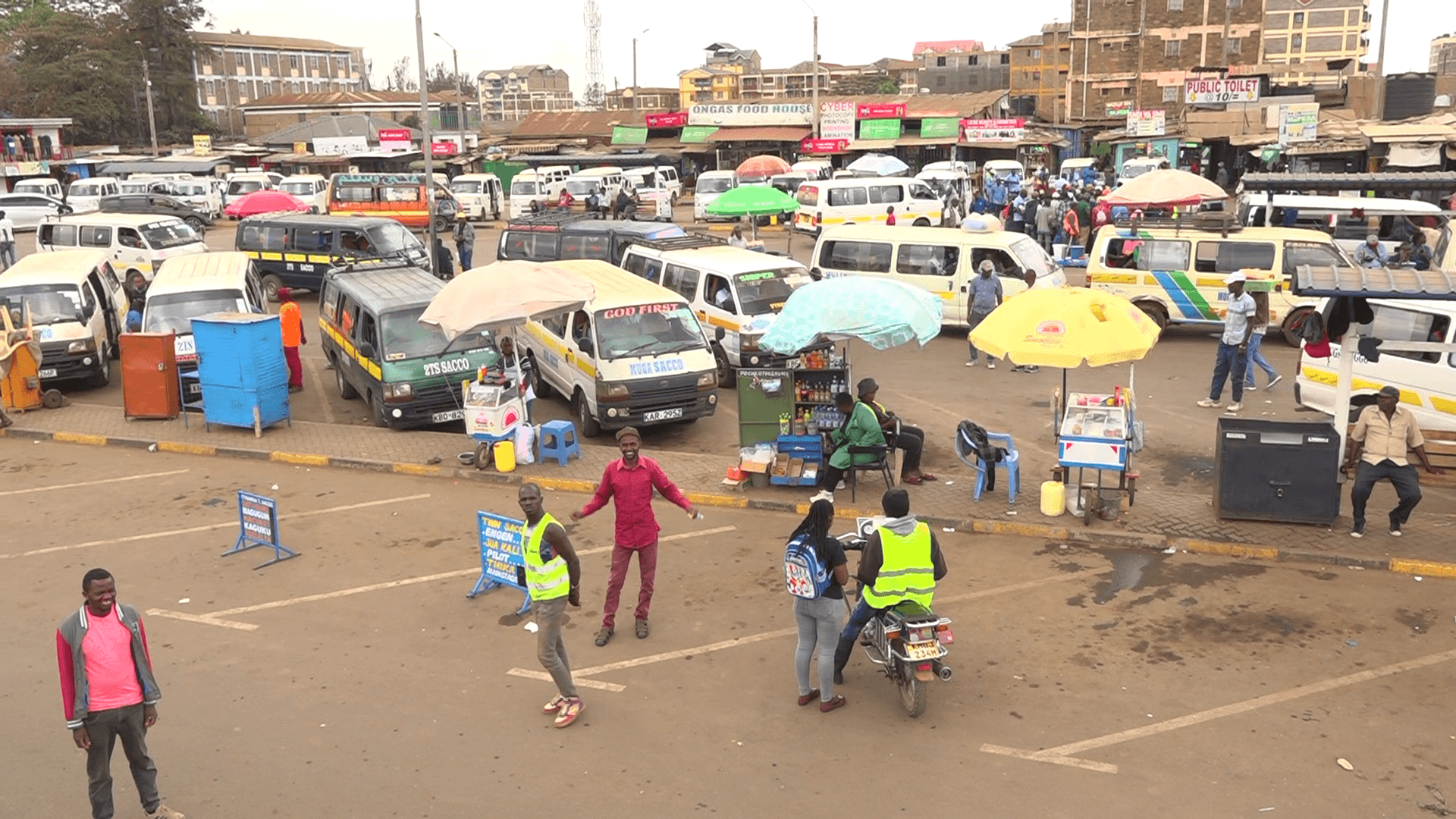The Shona might become Kenya's 44th tribe if the ongoing efforts for the 5,000-member community to be recognised as such bear fruit.
Kiambu Governor James Nyoro says the Shona should be treated as Kenyans since they have contributed a lot to the economy of Kiambu and the country.
“I agree and support that they should be given identity cards just like the Makonde community were recognised as they have contributed a lot for the country,” said Nyoro.
The Makonde, who live in Kwale, were officially declared the 43rd tribe by President Uhuru Kenyatta in 2017. The Asian community has also been recognised as a Kenyan tribe.
Nyoro, who met a group of Shonas on Wednesday, said he has pleaded with President Kenyatta to look at their plight and it is now a matter of when and not how before they are recognised as Kenyans.
Some 100 Shonas arrived in the country from Zimbabwe as missionaries in early 1960s and established a church in Nairobi before settling in Kinoo as illegal immigrants.
The Independence constitution did not have a provision for them to be registered as Kenyans.
They face myriad of challenges due to lack of citizen documentation.
On Wednesday, their representatives were in Kiambu to follow up on the progress of a motion tabled by Kinoo ward representative Kimani Wanjiku that they should be issued with identification cards and birth certificates to enjoy services like Kenyans.
At Kinoo, they eke out a living by selling handicrafts. They have no access to education, health or jobs in public facilities just because they do not have citizen identification documents.
Kimani said he uses his ID card as surety for Shona children to attend school and access bursaries. He does the same so Shona women can access maternity services in public hospitals.
“I have acted as a father of the Shona. I produce my identity card and if asked about the mother of the children, a nominated Machakos MCA produces her identity card as the mother,” he said.
Kenya National Commission on Human Rights executive director George Kegoro said the Kiambu county government had validated the Shona community claim.
“When the matter was brought to Kiambu county government, Governor Nyoro validated the Shona claim and has given them confidence. This is a good thing for everyone,” Kegoro said.
The KNHCR got involved in the Shona issue after its success with the Makonde, who had also been statelessness since their arrival from Mozambique in the 1940s as labourers in sugar and sisal plantations at the Coast.
Raouf Mazou, UNHCR director of Africa Bureau, said, “In the Great Lakes region, the main drivers of statelessness include discrimination, conflict in law, migration before independence and lack of proof of nationality.”
The Shona representatives said they are happy that the national and county government leaders are supportive of their cause and asked them to fast track the process.
They pleaded with the Senate and the National Assembly to hasten the process of having them recognised as Kenyans.
- mwaniki fm


